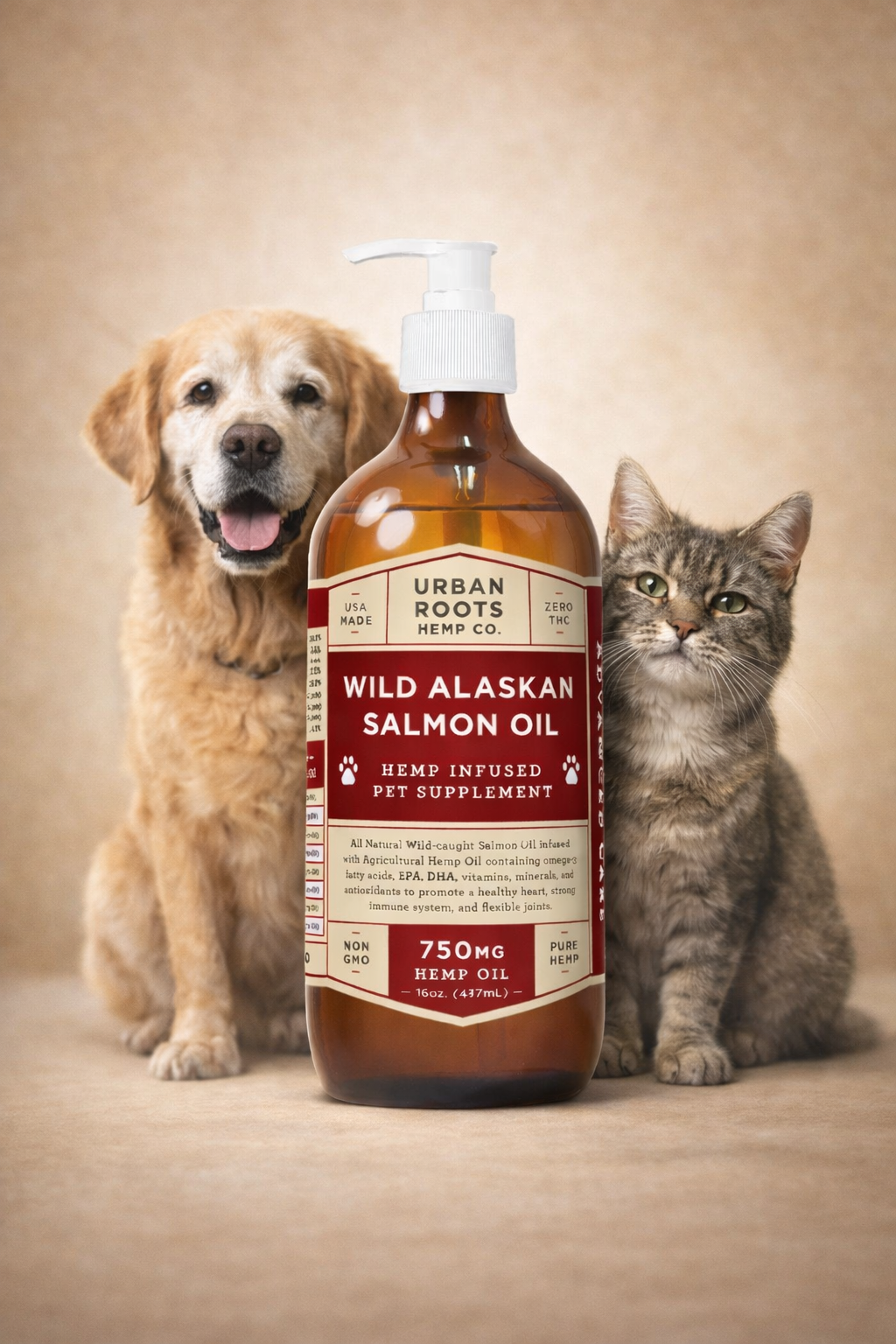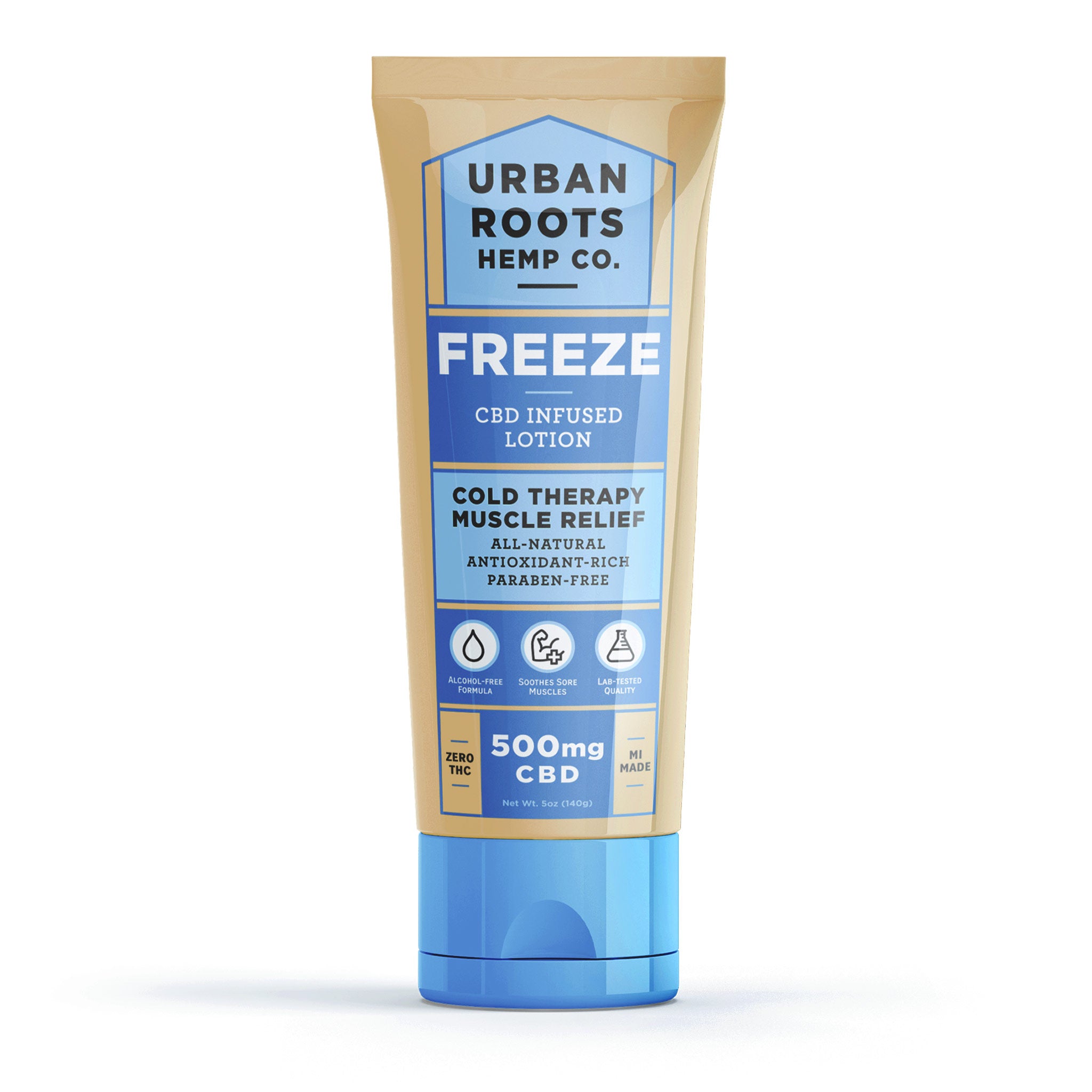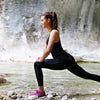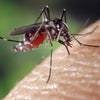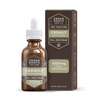How to Travel with CBD on an Airplane


With the holiday season here, many people are traveling to see family and friends. For those of us going to other parts of the country, we’re most likely flying. If you take CBD regularly, then flying on an airplane and dealing with airports can raise some questions about how best to go on your holiday vacation with your CBD product. Well, in this article, we’re going to cover the basics of everything you need to know.
Let’s jump right into it.
Can I Take CBD on an Airplane?
The first question most people have about traveling with CBD is whether or not you’re allowed to bring it with you on an airplane. The answer is that it depends. Despite many states legalizing the medical and recreational use of marijuana, it remains illegal under federal law. Also, according to federal law, CBD is only legal if it is hemp derived and if it contains less than 0.3 percent THC (CBD’s slightly more famous cannabinoid cousin).
What that means for traveling with CBD is that you are only legally allowed to bring hemp derived products that contain less than 0.3 percent THC on an airplane. So, if you consume CBD products regularly and want to bring them on an airplane, be sure to double check your label and even the third party lab test results to ensure the THC content is less than or equal to the legal limit.
Here is what it says on the TSA website:
Marijuana and certain cannabis infused products, including some Cannabidiol (CBD) oil, remain illegal under federal law except for products that contain no more than 0.3 percent THC on a dry weight basis or that are approved by FDA.
The 2018 Farm Bill
The legality of CBD is governed by the Agriculture Improvement Act of 2018, popularly known as the 2018 Farm Bill. This law removed CBD, defined as we explained above as being hemp derived and containing less than 0.3 percent THC, from the schedule of controlled substances. The same law also empowered the U.S. Department of Agriculture to create regulations and provide guidance for a consistent regulatory framework around production of hemp throughout the United States.
The 2018 Farm Bill is what effectively made it okay in the eyes of the federal government to bring hemp derived CBD on airplanes, so long as it meets the criteria.
Does TSA Actively Look for Marijuana or CBD Products?
Before you stress about bringing your Urban Roots CBD product or other hemp derived product on an airplane with you, keep in mind that TSA typically has other, higher priorities. Here is another line from their official website:
TSA’s screening procedures are focused on security and are designed to detect potential threats to aviation and passengers. Accordingly, TSA security officers do not search for marijuana or other illegal drugs, but if any illegal substance is discovered during security screening, TSA will refer the matter to a law enforcement officer.
Be safe and make sure your CBD product has less than 0.3 percent THC, but don’t stress out about bringing it with you. CBD’s effectiveness relies on you consuming it consistently, so if you’re going on a long trip, you definitely want to have it. Not to mention the fact that the holiday season in particular often brings with it a variety of stressful and anxiety-causing situations.
Just always keep in mind that, at the end of the day, it’s up to the individual TSA agent’s discretion whether or not they’ll inspect and allow any product. Also, if your product is liquid, be sure it complies with TSA rules about amounts of liquids you can bring in your carry on luggage.
The Best Way to Travel with CBD Products
As we covered in a previous article of ours, there are multiple ways to consume CBD products. Two of the most common types also happen to be the best types to travel with: CBD tinctures and CBD capsules. Both tinctures and capsules are relatively inconspicuous, compact, and easy to take along with you in both your carry on and checked baggage. Here are some other benefits of these types of CBD products:
- Tinctures– CBD tinctures are one of the most popular ways to consume CBD. Typically, they are small bottles of concentrated CBD liquid with a dropper top that allow you to simply place drops of the tincture under your tongue where the liquid contents are directly absorbed into your bloodstream. The remaining liquid is then swallowed. CBD tinctures are more potent than other ingestion methods of CBD like edibles which must first undergo digestion before entering the bloodstream. Tincture products are discreet and they also make it easy to control and measure dosage.
- Capsules– CBD Capsules are a fast and easy way to digest cannabidiol. Manufacturers created these capsules so that they are as simple to consume as any other pill. The most common form is CBD capsules that consist of oil mixed with an MCT oil such as coconut oil. As well as bulking up the capsule in terms of size, the MCT oil helps the CBD work faster and more effectively. Similar to tinctures, CBD capsules are also discreet, but they have a preset dosage, so you don’t have to worry about measuring it out.
Holiday Stress: Don’t Leave Your CBD Behind!
Family get togethers, large events, people you haven’t seen in a while, even flying itself—the holiday season is full of things that can make even the calmest person more anxious. CBD products may help you manage and control that anxiety and stress by interacting with our body’s endocannabinoid system, a biochemical communication highway, and helping keep certain neuro-transmitters and bodily chemicals in the proper balance.
To give your body a fighting chance against holiday stress, it’s a good idea to start consuming CBD sooner rather than later so it can build up in your system. It’s also a good idea to bring enough doses with you for your entire trip. You’ll be amazed how calm and collected you stay when your holiday plans start going awry or some distant family member starts going off on a rant!
If you are unsure about traveling with CBD, we recommend doing some further research for yourself and looking up specific state, airport, airline, and TSA guidelines and rules. This article is not meant to be legal advice.


